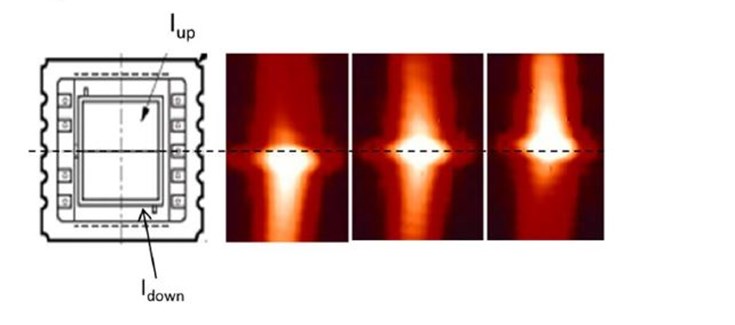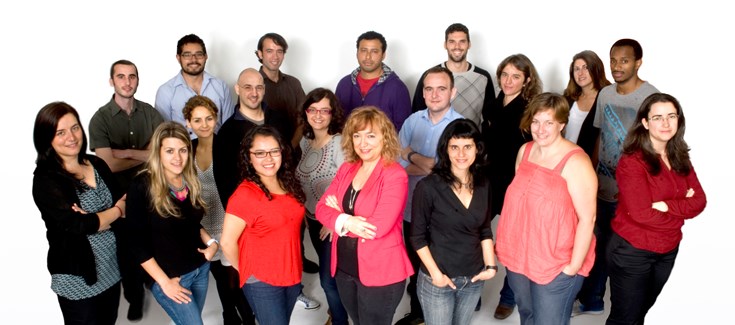COVID-19 diagnose, faster and cheaper.
In order speed up research into the coronavirus, the European Commission recently announced a special call for projects to tackle the COVID-19, based on already developed technologies. Projectcs were prepared in a record time and 17 proposals have been awarded founds, 6 of them with spanish colaboration and only one coordinated by Spain
CONVAT is a cooperation project between Spain, Italy and France coordinated by Prof. Laura M. Lechuga, Scientific Director of NANBIOSIS Unit 4 Biodeposition and Biodetection Unit (from CIBER-BBN and ICN2-CSCIC) and also participated by the group of Prof. Jordi Serra Cobo from the University of Barcelona, having extensive experience in the study of coronavirus in animals and its epidemiology; Prof. Remi Charrel‘s laboratory at the University of Marseille (France), leader in virology and molecular biology, pioneering the development and production of biological material for the validation of new diagnostic systems and the Italian National Institute of Infectious Diseases (INMI), where researchers from Dr Antonino Di Caro‘s laboratory were among the first to sequence the SARS-CoV-2 coronavirus, and which is the reference institute for the analysis and diagnosis of COVID-19
CONVAT will develop a point-of-care platform, for rapid diagnosis and monitoring of coronavirus, directly from the patient’s sample and without the need for testing in centralized clinical laboratories. The new device based on optical biosensor nanotechnology is espected to become massively available in less than 12 months. The project indeed aims to extend beyond the current pandemic and the human diagnosis. The new biosensor will also be used for the analysis of different types of coronavirus present in reservoir animals, such as bats, in order to observe and monitor possible evolutions of these viruses and prevent future outbreaks in humans











